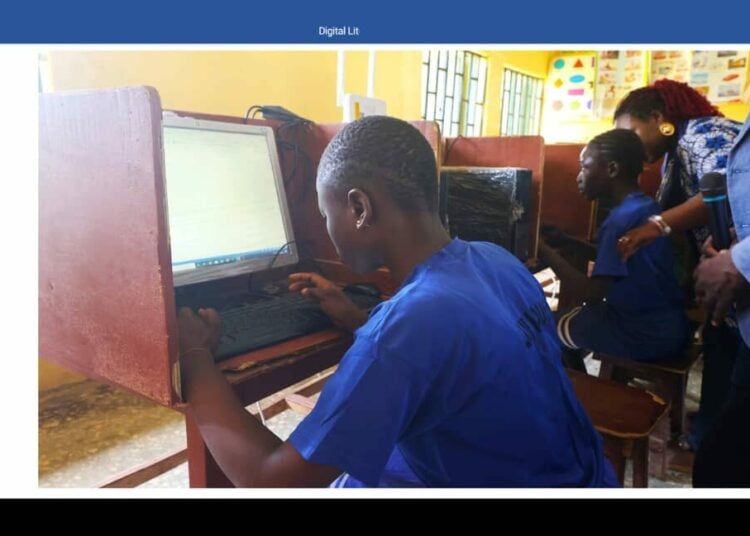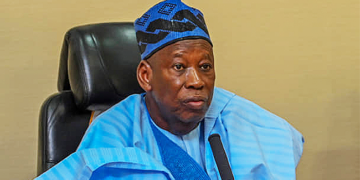The development Research and Project Centre (dRPC) has strengthened efforts to promote digital literacy and curb school-related gender-based violence in underserved communities of the Federal Capital Territory (FCT) through training, infrastructure, and scholarships.
With a ₦5 million grant to a local Non-governmental Organisation (NGO), the Rising Hope Girls’ Educational Foundation (RHGE), dRPC has supported the establishment of digital laboratories in 10 FCT communities, trained 150 teachers on digital literacy, and awarded 20 scholarships to indigent children in Chikakore and other communities.
Speaking at the commissioning of a digital lab in Junior Secondary School Chikakore, Kubwa, dRPC Executive Director, Dr. Judith-Ann Walker, said the intervention is part of her NGO Support Initiative (NSI), designed to cushion the impact of recent funding cuts on local non-profits.
Represented by the Centre’s Director of Partnerships, Development and Communication, Hassan Aliyu Karofi, she said dRPC remains committed to investing in education and supporting grassroots organisations.
“Last year, when the United States government disbanded USAID and stopped funding other global non-profits, our organisation was affected. Having been around for 33 years, we understand how much smaller indigenous NGOs are struggling, and this initiative is a way to keep their impact alive,” Walker explained.
RHGE Project Director, David Ahanor, said the digital labs are equipped with computers, whiteboards, and internet modems, now serving as hubs for both students and teachers. He noted that the project has helped tackle challenges such as limited access to digital resources, under-resourced teachers, and school-related gender-based violence.
“Over 150 teachers have now been trained in Artificial Intelligence literacy and safe school practices, while more than 500 students have benefited from digital rights and safe school sensitisation. Beyond classrooms, community engagement has reached over 400 parents and youth through open-air campaigns,” Ahanor added.
The initiative also targets 100 girls for grants to cover school fees, with 20 girls set to benefit directly in each community school. Teachers across Byzhin, Kubwa, and Dutsen-Alhaji are already applying AI tools in lesson preparation and leading safe school advocacy.
Director Principal of JSS Chikakore, Ishaya Dogo, described the intervention as “a beacon of hope” for children in underserved communities. He said “To our donors, we are deeply grateful. Your contribution of desktops will help our students learn better and your scholarship will give our children a brighter future; this is an act of kindness we will never forget.”
Acting Executive Chairman of the Universal Basic Education Board (UBEB), Dr. Alhassan Sule, commended the effort, noting that education is a shared responsibility.
Represented by Deputy Director, Curriculum, Nsa Rabo, he urged more NGOs to complement government’s efforts in digital education.
The event was attended by officials of UBEB, leaders of the school’s Parents Teachers Association (PTA), and the Chief of Chikakore community, Chief John Azaecheyi, alongside his council members.





